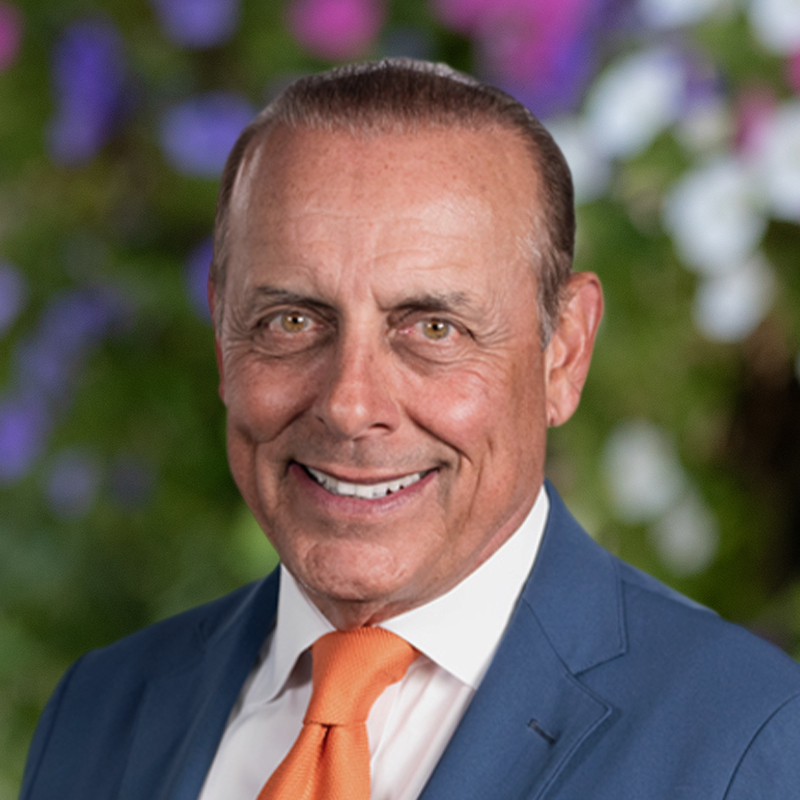What Goes Up Must Come Down: The Risk of Market Concentration
Shah Gilani|January 10, 2025

The U.S. stock market today is concentrated in a few mega-cap tech companies.
You know who I’m talking about… the “Magnificent Seven.”
- Alphabet (GOOG)
- Amazon (AMZN)
- Apple (AAPL)
- Meta Platforms (META)
- Microsoft (MSFT)
- Nvidia (NVDA)
- Tesla (TSLA)
This concentration shows up in the major indexes… ETFs… and mutual funds.
Heck, there are even ETFs built purposefully to chase them.
And while this has been great for the markets and investors… we all need to keep my investing mantra in mind.
It’s all good until it isn’t.
Feedback Loop
A positive feedback loop exists when the market rises and investors buy these stocks and/or the ETFs that hold them.
It forces the “authorized participants” (APs) – traders who buy the underlying stocks in ETFs – to have to buy more stock. It’s a process known as “creation.” This cycle lifts all boats and drives the bull market cycle.
But there’s another side to the game.
Selling ETFs that hold all those mega-cap names triggers the “redemption” process. That’s when APs have to sell all the underlying stocks that make up the ETFs they manage.
And anticipating further redemptions, APs might (almost always in a rapidly falling market) short-sell the stocks they expect to offload, putting additional downward pressure on stocks’ prices.
This selling pressure can worsen declines in the prices of these heavily weighted stocks. That could lead to more selling of the ETFs that hold them… causing an even broader market selloffs given their weight in the broader indexes.
So that virtuous bullish cycle driven by creation can and will eventually reverse. Or put another way… what goes up must come down.
Exposed
As of early 2024, the top five companies in the S&P 500 – Apple, Nvidia, Microsoft, Amazon, and Alphabet – made up 29% of the index. It was the highest concentration in over 60 years.
That means that investors in these funds have been heavily exposed to the performances of just a few companies.
While these tech giants have driven significant market gains, their dominance raises concerns about diversification and potential risks, including…
- Market Volatility: A downturn in any of these dominant companies can disproportionately impact the overall market, leading to increased volatility.
- Diversification Illusion: Investors may believe they are diversified by holding broad market ETFs or mutual funds, but the heavy weighting toward a few stocks means their portfolios are less diversified than they appear.
- Systemic Risk: The interconnectedness and significant market share of these companies mean that issues affecting one can have broader implications for the financial system.
When a few stocks carry most of the market weight… that can lead to greater market swings when those stocks experience volatility.
Manage Your Risk
Now, there are ways to lessen your concentration risk.
You can opt for Diversified Funds that employ equal-weight strategies or have caps on individual stock holdings to reduce concentration…
You can look for Sector Diversification and ensure exposure to a variety of sectors beyond technology to mitigate sector-specific risks…
Or you can engage in Active Management, which can adjust holdings based on market conditions and valuations (but can cost you more).
No question the “Magnificent Seven” have driven substantial market gains. But their dominance has also led to significant market concentration.
It’s a phenomenon that works great in a bull market… as we’ve seen over the past two years.
But it’s something smart investors will pay attention to and be ready for a sea change.
Like I always say, it’s all good… until it isn’t. But now you’re prepared.

Shah Gilani
Shah Gilani is the Chief Investment Strategist of Manward Press. Shah is a sought-after market commentator… a former hedge fund manager… and a veteran of the Chicago Board of Options Exchange. He ran the futures and options division at the largest retail bank in Britain… and called the implosion of U.S. financial markets (AND the mega bull run that followed). Now at the helm of Manward, Shah is focused tightly on one goal: To do his part to make subscribers wealthier, happier and more free.



